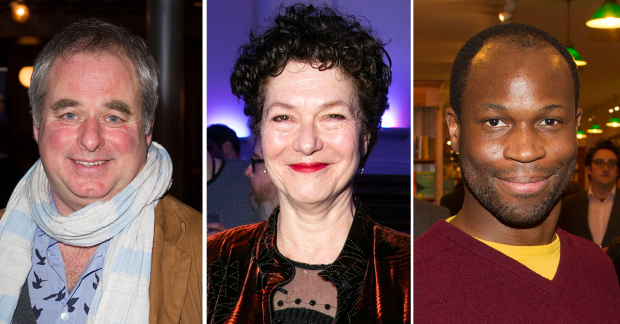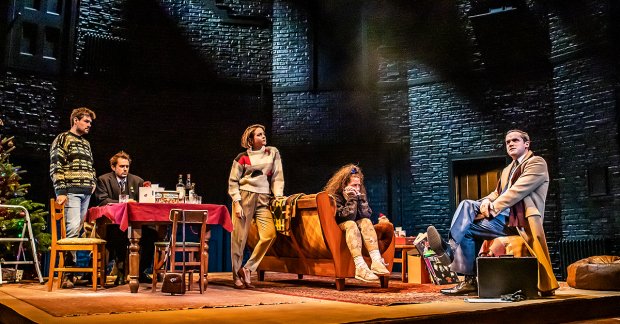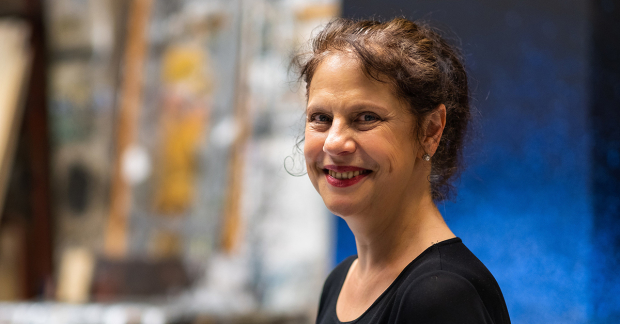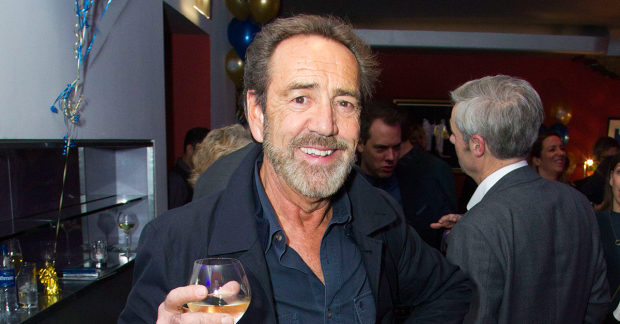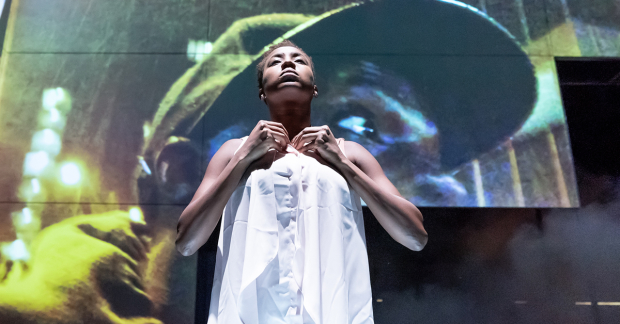Review: Botticelli in the Fire (Hampstead Theatre)
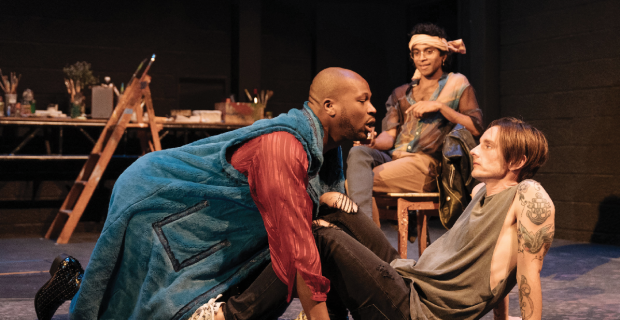
© Manuel Harlan
"The historians, I'm sorry, y'all can go f**k themselves."
So says Dickie Beau's Sandro Botticelli in the European premiere of Jordan Tannahill's fun yet flawed mélange of a play, opening at the Hampstead Theatre. Taking Botticelli's so-called involvement in the 1497 Bonfire of the Vanities in Florence and transplanting it into a pseudo-modern setting (in a weird world that has smartphones but not a functioning sewage system), Tannahill concocts a play where politics and art swill around in a vibrant cocktail.
Botticelli is reimagined as a fey, neo-Bohemian, Brooklyn warehouse-based artist, all tatts and tank tops. On the cusp of finishing his most ambitious work yet – The Birth of Venus – he courts the attention of nobleman Lorenzo de Medici (while also sleeping with the Medici's wife Clarice Orsini), tying himself up in more knots than is good for his personal safety. Against this the fires of Florentine religious fervour are stoked by Girolamo Savonarola, a radical cleric denouncing the sodomy of artists, who he sees as the playthings of the political elite.
Tannahill's play comes across like a solid piece of Renaissance fanfic stroke erotica, an amorous and anachronistic Amadeus. Beau swaggers under the weight of his lust – for Orsini (a fantastic Sirine Saba, who has a juicy first act but less to chew on later in the show) or for his young protegee, a little known yet supremely talented artist called Leonardo, from the town of Vinci (a brilliant yet understated performance from Hiran Abeysekera). It's chock full of belly laughs – "I love you like a brother", Adetomiwa Edun's Medici says to Botticelli, who replies, "You mean the one you had killed?"
But the play never really works out if it's a cutting satire of the self-centred vanity of artists against a rising tide of extremism (presented by Savonarola's intolerant mob, burning sodomites in the streets), or a character study of a man whose passions can manifest themselves both on canvas and under the sheets. It functions better as the former, with act one in particular highlighting how living in a "Renaissance" does not prevent the rise of extreme opinions – it's the same lesson that could be taken from the 1920s, or from the present day. "It's not as easy to tell when you're on the precipice", Botticelli mournfully reflects.
Director Blanche Macintyre throws splashes of colour onto Tannahill's quirky concept – there's a memorably fantastic sequence involving Britney's "Work, B**ch", as well as a slickly choreographed and synchronised squash game played by Beau and Edun with help by Christopher Shutt's sound design. Johanna Town's lighting also has some flourishes, at one point transforming garish pink paint splashes into haunting blood red.
But it all feels a bit loose, and even the climactic bonfire never really drives home the hazier points Tannahill tries to make. Well-crafted and finely tuned, it lacks the spark needed to become a masterpiece.




